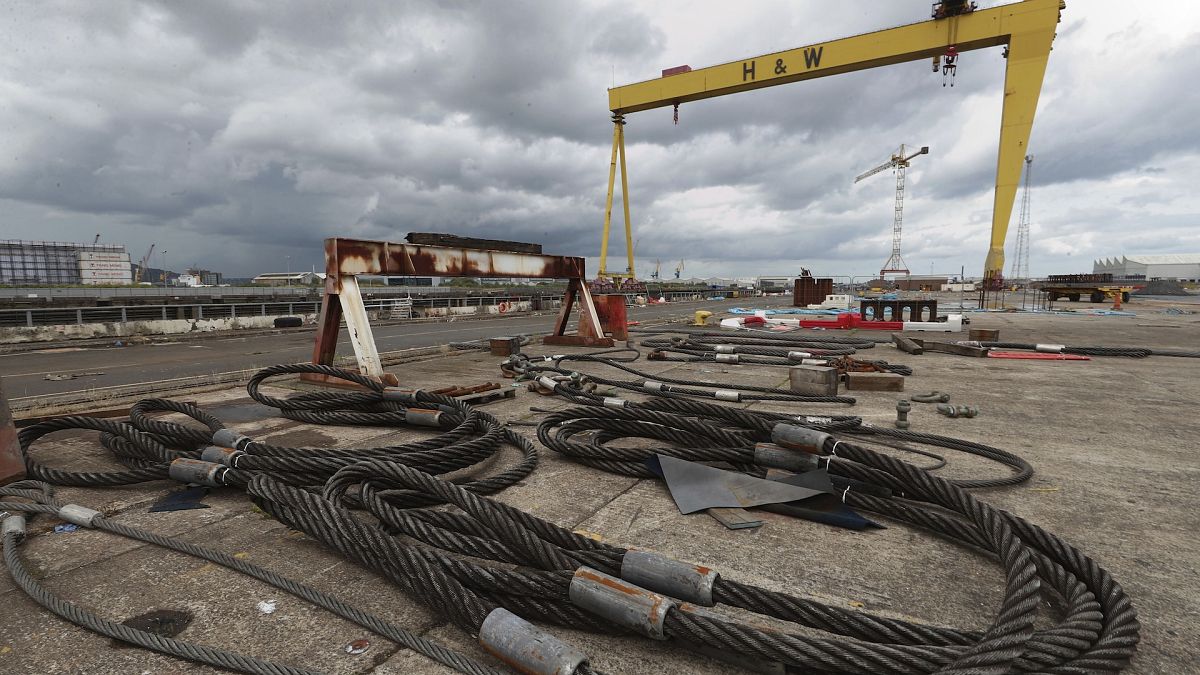RMS Titanic shipbuilder Harland & Wolff announced on Monday that it will enter administration following financial troubles.
After an account audit, the iconic Belfast shipbuilder’s board concluded that ‘the company is insolvent on a balance sheet basis’, according to a business update posted on Monday.
It will now enter administration, a legal process where a third-party assumes control of the company. This third-party, referred to as the administrator, will attempt to save the business. If unsuccessful, the administrator then aims to achieve the best return possible for creditors.
Teneo, a US-based advisory company, is set to act as the administrator for Harland and Wolff. Only the holding company, Harland & Wolff Group Holdings plc, will be under administration. The operational companies in control of Harland & Wolff’s four shipyards are expected to continue trading.
Teneo has eight weeks to formulate administration proposals that must then be voted on by creditors. The administration period will automatically end after one year, but Teneo can request an extension from the court or creditors if needed.
This is not the first time Harland & Wolff has experienced financial struggles. The shipbuilder previously entered administration in 2019, before being bought out by Infrastrata, a UK energy firm.
According to a BBC report, Harland & Wolff’s problems largely arise from the fact that shipbuilding is a “capital-intensive” business, where most money is gained upon delivery of the product.
This led Harland & Wolff to take out high-interest borrowings from Riverstone, a US lender. Between these loans and a failure to acquire a government guarantee that would allow refinancing with more conventional lenders, trading of the shipbuilder’s shares were suspended in July.
Harland & Wolff currently employs more than 1,000 people, after hitting its “1000th employee milestone” in December 2023, according to the company’s website.
In Monday’s business update, the company touched on employee growth in recent years, before clarifying that it is currently taking measures to reduce that number.
“A further reduction in headcount in our core activities may be necessary, depending on the outcome of the strategic objectives as discussed in this announcement,” the news release stated.
During the 163 years of its existence, the company created a number of notable ocean liners, including the RMS Titanic. Along with recreational boats, it has also produced military cruisers for clients such as the Royal Navy.
Today, Harland & Wolff operates in five markets: commercial, cruise and ferry, defence, oil & gas and renewables, according to its website. A closure or downsizing of the business would affect shipbuilding in all of these industries.

